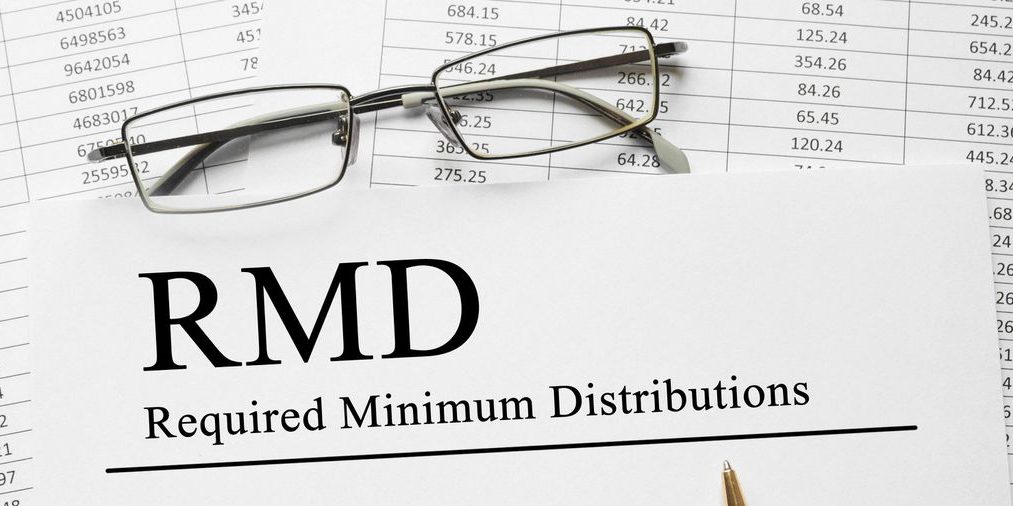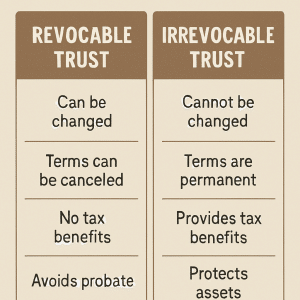When it comes to planning for retirement, understanding the rules and limitations of individual retirement accounts (IRAs) is crucial.
Among the various types of IRAs, the Roth IRA offers unique advantages. However, many individuals wonder how many Roth IRAs they can have and whether it is legally permissible to hold multiple accounts.
In this article, we will delve into these questions and provide a comprehensive overview of the regulations surrounding multiple Roth IRAs.
Can You Have More than One Roth IRA?
The answer is a resounding yes, you can have as many Roth IRAs as you would like. Unlike some other types of retirement accounts, there are no restrictions on the number of Roth IRAs you can have. This flexibility allows individuals to diversify their investments and tailor their retirement savings strategy to their specific needs and goals.
Is It Legal to Have Multiple IRAs?
Absolutely. There are no restrictions on the number of IRAs a person can have. This includes traditional, Roth, and employer-sponsored IRAs such as SEP and SIMPLE IRAs. This means that you can simultaneously hold multiple IRAs, including multiple Roth IRAs, without any legal repercussions.
Benefits of Multiple Roth IRAs:
Having multiple Roth IRAs can provide several advantages:
Diversify your investments by using multiple Roth IRAs. This reduces risk by not putting all your retirement savings in one account.
You can contribute more money to your Roth IRA by having multiple accounts. This helps you make the most of the benefits and reach the contribution limit for each account.
Conversion Strategies: If you’re considering converting a traditional IRA or employer-sponsored retirement account to a Roth IRA, having multiple Roth IRAs can provide greater flexibility in managing the tax implications of such conversions.
Factors to Consider When Opening an IRA:
You can have multiple Roth IRAs, but it’s important to think about practical factors.
- Administrative Requirements: Each Roth IRA account requires administrative upkeep, such as record-keeping and reporting. Having multiple accounts means additional paperwork and organization.
- Contribution Limits: You can have many Roth IRAs, but the total amount you contribute each year is limited. Ensure you stay within the IRS-set contribution limits to avoid penalties.
- Investment Management: Managing multiple accounts may require careful attention to ensure your investments align with your overall retirement strategy. Regular review and rebalancing may be necessary.
Conclusion:
In summary, there are no legal restrictions on the number of Roth IRAs you can have. Multiple Roth IRAs offer the flexibility to diversify your investments and maximize your retirement savings potential.
However, it’s important to consider the administrative requirements, contribution limits, and investment management involved in maintaining multiple accounts. To make smart choices for your retirement savings, learn the rules and consider practical factors when using multiple Roth IRAs.
Note: The information provided in this article is for educational purposes only and should not be considered financial or legal advice. Always seek advice from a financial advisor or tax professional for personalized help with your finances and retirement plans.

























